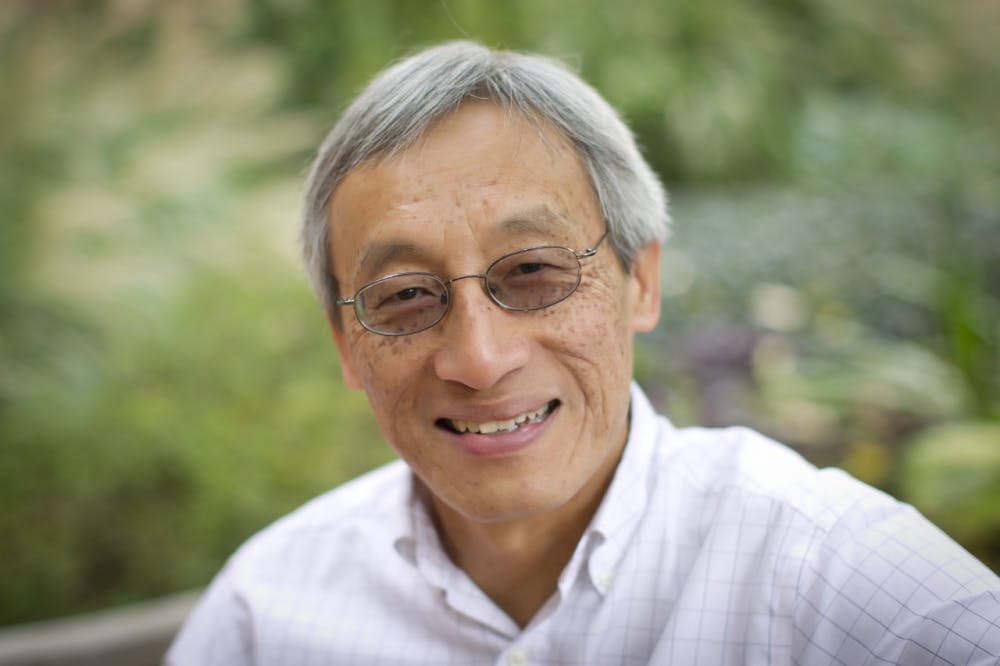Channing Der, a UNC Lineberger Comprehensive Cancer Center member and Kenan Distinguished professor in the Department of Pharmacology, researches ways to decrease the rate of pancreatic cancer and introduce new therapies for patients. He recently received the National Cancer Institute Outstanding Investigator Award, given to researchers who study science with breakthrough potential, to advance his research in pancreatic cancer. Daily Tar Heel staff writer Nathan Wesley spoke with Der to learn more about what this grant means for the future of his research.
The Daily Tar Heel: What do you research, and can you simplify your research in a way that the average person would understand?
Channing Der: For pancreatic cancer, the genetic basis is now well known. What we know is that there is mutation in a key gene called KRAS. The mutation in this gene drives all pancreatic cancers. If you look at pancreatic cancers, the frequency of mutation of KRAS approaches over 95 percent. The research that we are doing is to attempt to understand how KRAS drives pancreatic cancer, and once we understand how KRAS drives pancreatic cancer, to determine ways of trying to block KRAS function. If we can block KRAS, we are pretty confident we can block pancreatic cancer.
DTH: What is the ”breakthrough potential" in your research?
CD: Our focus on our research is to try to identify new therapeutic approaches for pancreatic cancer. Pancreatic cancer, of all our cancers, is the deadliest cancer we have in that the five-year survival rate is a very disappointing 8 percent. The research that is funded on our new NCI grant will allow us the opportunity to explore new directions and try to develop new therapies for pancreatic cancer. We hope that from our research we can identify new therapies and hopefully impact pancreatic cancer patient survival.
DTH: Is it our bodies making too much KRAS that causes pancreatic cancer?
CD: KRAS is a gene that is essential for normal function. If we did not have the normal KRAS gene, we would not exist. However, what happens in cancer is that our bodies are exposed to carcinogens and mutagens throughout our life and at one point, the KRAS gene becomes mutated. In most cases, hopefully our bodies will repair that damage, and we’re fine. One of the problems associated with cancer is that our ability to repair DNA damage becomes suboptimal and a KRAS mutation occurs and it’s not corrected. So when that mutation happens, that will drive the body to pancreatic cancer.
DTH: How did you get into cancer research, and what impact do you hope for your work to have?
CD: I was an undergraduate at UCLA, and I was majoring in biology, and I decided that science was something I wanted to pursue for my professional ambitions. What I really wanted to do was make an impact on our society. I wanted to give back. So I decided to take advantage of my interest in biology but to apply it to develop better therapies for cancer. This has been a long-standing interest for me since undergraduate school.



